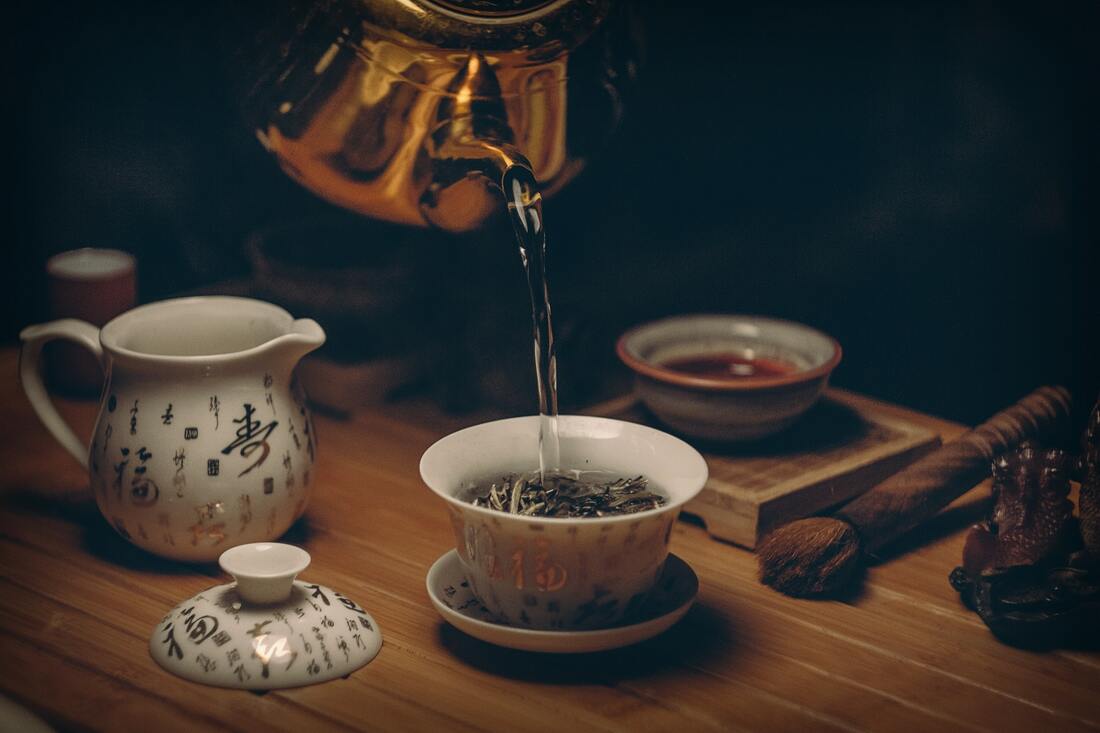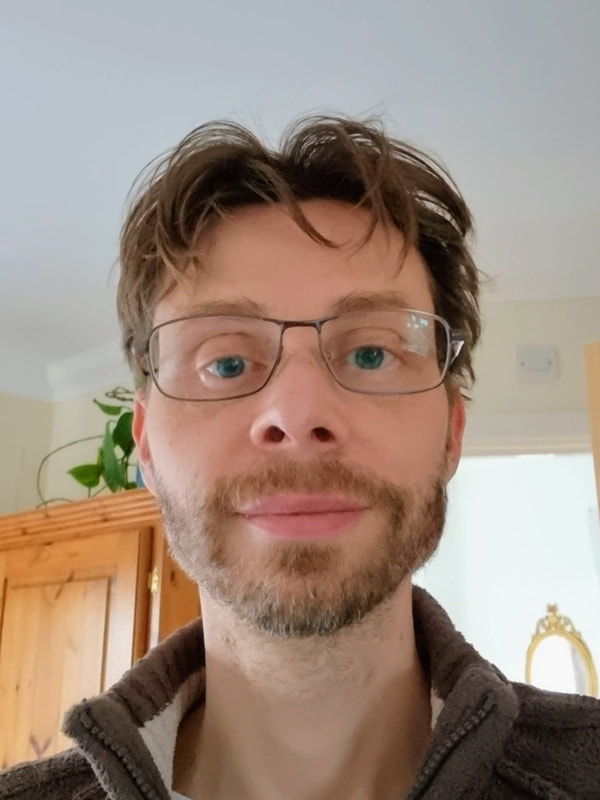|
In the third in a series of blog posts, I continue my exploration of doorways to an inner state of peace.
3. If you lose touch with kindness, be present. Being present more of the time is perhaps the one thing I could do that would most improve the quality of my life. I remember an English teacher who would sometimes arrive late for class, pop his head around the door to say “I’m here” and then immediately disappear again for another five minutes. Too often, I am like that teacher – here but not really here. I’m present in body, but not in mind. While eating breakfast, I’m thinking of other things: the latest developments on Brexit, the implications of last night’s football scores, a project at work. I rush through my porridge, which could be a simple pleasure to savour at the start of the day. Before I know it, I’m brushing my teeth, then in my car driving to the station, fretting over whether I’ll have enough time to buy my ticket and what I’ll do if the queue is too long and I miss my train. I’m either looking forwards or backwards, but am rarely right here now with what is. Quaker mystic Thomas Kelly called this surface living. He observed that living in this way has brought on the world’s tragedy. This is because when we’re not conscious of our thoughts, those thoughts become our masters. Without awareness, they drive our actions – “Hurry up! I want it now! Got to look out for myself!” – and take away our freedom to choose how we respond. We experience stress and anxiety, symptoms of a lack of inner peace. And, as we act without consideration or care, we contribute to disharmony in the world. There is a quality in some things – fresh snowfall, an encounter with a fox or badger near my home – which stops me in my tracks, interrupts my thought-stream and brings me back to the here and now. In that state of present awareness, wonder can enter and peace returns. We can cultivate presence by practicing mindfulness as we go about our daily activities. Here are some examples:
Mindfulness lessens stress and increases wellbeing. It nourishes our relationships – how different is a conversation with someone who is fully present, compared to one with a person whose mind is elsewhere, or who is simultaneously checking their phone? Finally, presence allows our Inner Guide to make Itself known. How can Spirit speak to us, or through us, if we don’t give It a word in edgeways because of the constant chatter in our head? How can we sense the promptings of Love and Truth in our hearts if we’re not aware of the subtle feelings in our bodies, being identified completely with our thoughts? To hear the music rather than the static, we need to be tuned in. Presence leads us toward inner quiet; inner stillness. I’ll explore this further in a future post.
0 Comments
Your comment will be posted after it is approved.
Leave a Reply. |
AuthorPeter Parr: Quaker, writer and former member of the British minigolf team. (Actually those are all just roles I play. Words can't describe who any of us really are.)
|


 RSS Feed
RSS Feed


